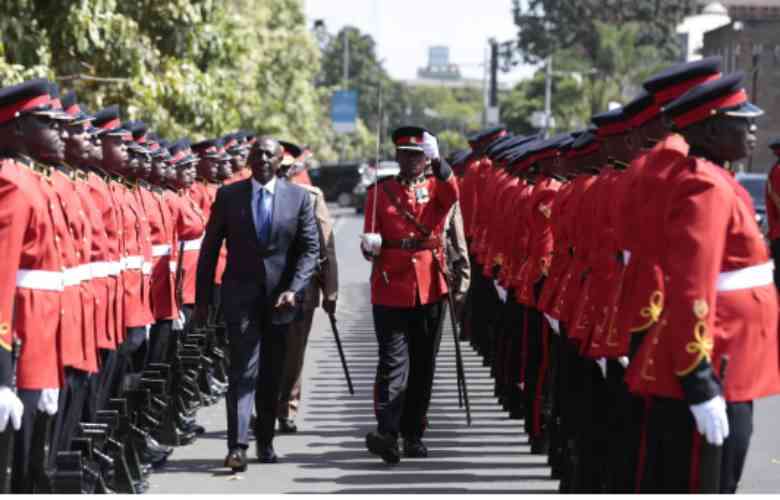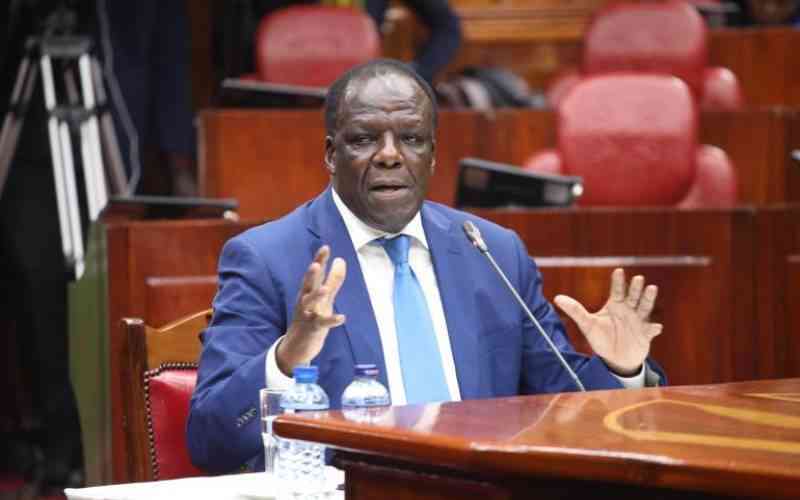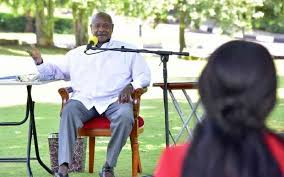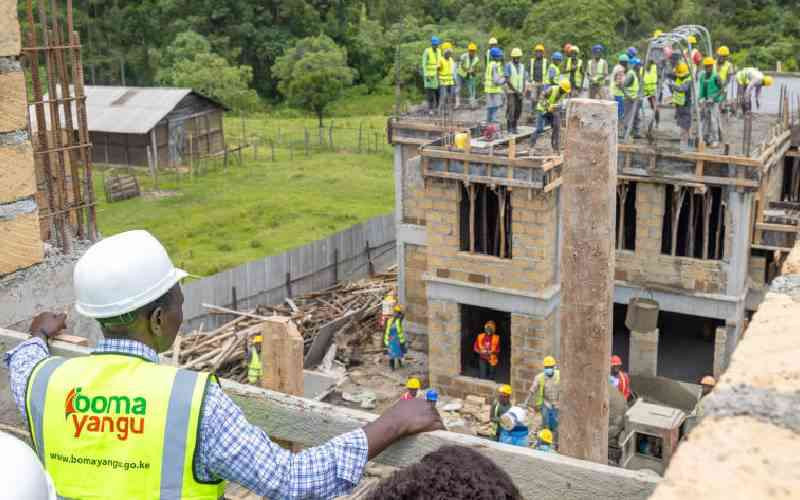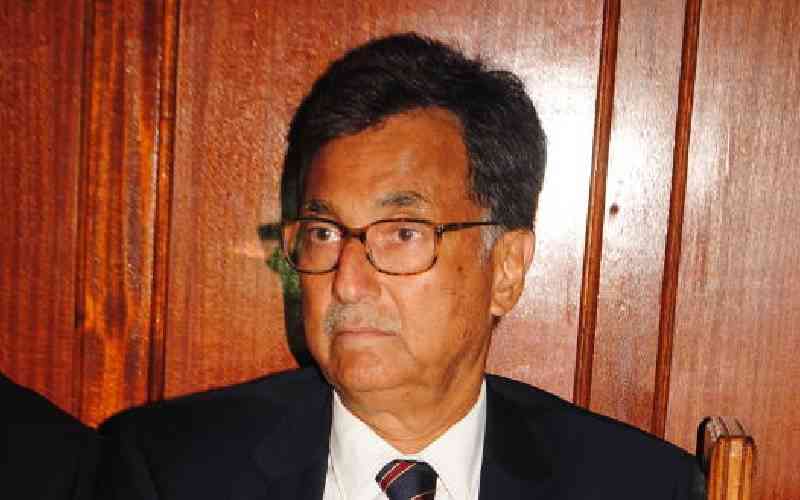
As President William Ruto prepares to deliver the State of the Nation address, governance experts have clashed over his performance, exposing divisions over constitutional
accountability and economic progress.
Ruto is expected to deliver the annual address during a joint sitting of Parliament under Article 132, which requires the president to report on national values, international
obligations and security, while giving an account of actions taken by the national government in the past year.
The debate on Spice FM on Thursday, November 20, focused on what the president should report, with analysts offering contrasting views on the administration's achievements and failures.
Professor Alfred Omenya argued the address must follow constitutional requirements rather than serve as a public relations exercise.
"The State of the Nation Address is a constitutional requirement. Article 132 clearly spells out what the president must report on," noted Omenya.
He said the president should address four pillars: sovereignty, rights, governance and sustainability, including patriotism, national unity, rule of law, equity, human dignity, corruption,
transparency, education, health and economic sustainability.
"Typically, the president comes and reports on roads, hospitals, number of houses built—things he does. These relate only remotely to sustainability. The rest of the constitutional
expectations are never reported," observed Omenya.
He added that Kenyans have been conditioned to accept a "shopping list" of projects instead of a report on governance.
"What is the status of governance? Corruption? Inclusion? Devolution? How many Gen Zs were killed during recent protests and what has government done? These are the
questions the constitution demands," explained Omenya.
Stay informed. Subscribe to our newsletter
Advocate Joshua Nyamori defended the administration's record, saying the address must remain relatable to ordinary citizens.
"The president is not speaking to professors at the university. He is speaking to farmers in Nyeri and fishermen in Osenge," remarked Nyamori.
He said Ruto inherited a struggling economy and has made progress.
"We came from a time when fuel prices were hitting the roof. Today we have sufficient maize. We had Sh157 billion in pending bills; now construction is going on everywhere,"
added Nyamori.
He highlighted the digitisation of 22,000 government services, which reduced corruption and cut the cost of doing business.
"Today you can file court documents at 2 a.m. and pay via M-Pesa. That is progress," noted Nyamori.
Omenya accused the government of focusing on selective truths.
"Ninety per cent of Kenyans agree the country is headed in the wrong direction. Today is not the day for the president to pick convenient truths. PR collapses when it meets lived
experience," said Omenya.
Nyamori countered that Kenyans should recognise gains while working towards future improvements.
"The future of Kenya will not be built by bitterness. We must celebrate what has been achieved even as we continue holding leaders accountable," he added.
Omenya said the president should address issues including corruption, inclusivity, Gen Z protest deaths, debt sustainability and human capital development.
"Credibility and trust are essential. Without them, the address becomes just another ritual," he observed.

